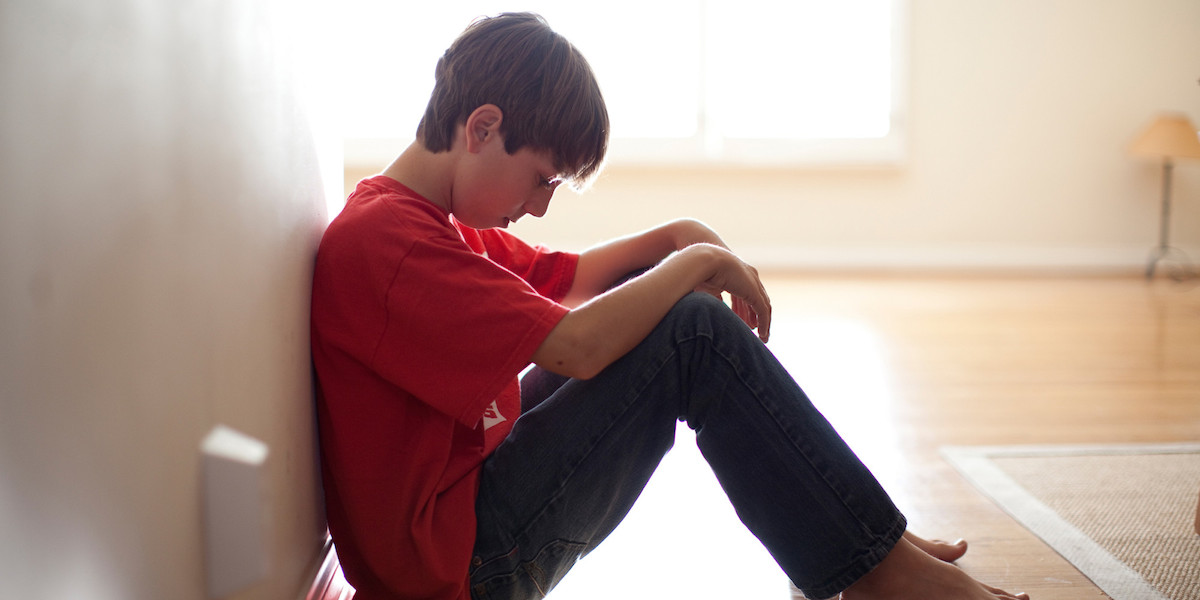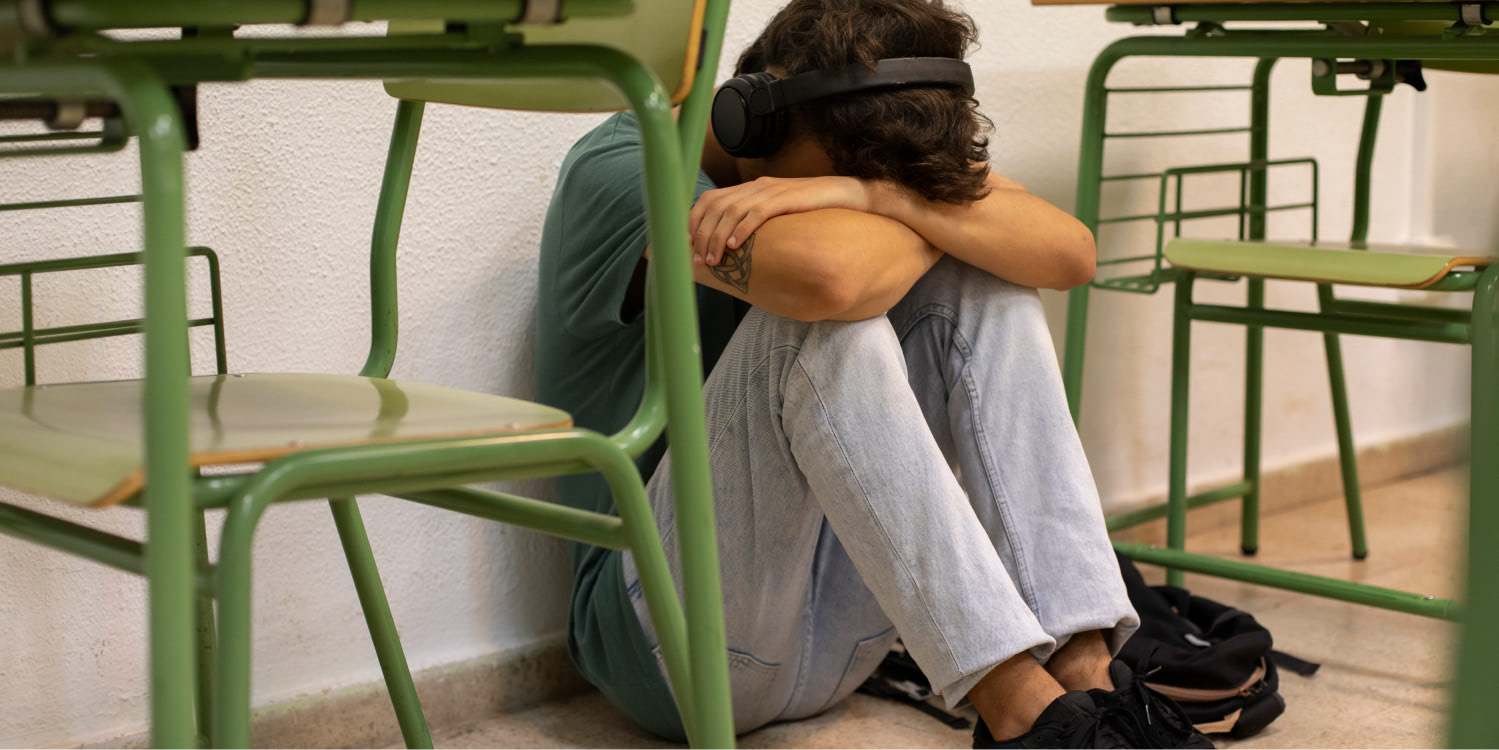
The following is excerpted from an online article posted by MedicalXpress.
Amid growing concerns for children’s mental health during the pandemic era, more than a quarter of parents say their adolescent-aged child has seen a mental health specialist—with nearly 60 % of those reporting a visit within the past year—a new national poll suggests.
The findings come from a nationally representative report from the University of Michigan Health C.S. Mott Children’s Hospital National Poll on Children’s Health in collaboration with the Children’s Hospital Association. The report, which comes less than a year after children’s mental health was declared a national emergency in the U.S, is based on responses from 1,201 parents of children ages 11-18 surveyed in October 2021.
“Even before the pandemic, mental health disorders in adolescents, such as depression and anxiety, were prevalent,” said Mott Poll co-director and Mott pediatrician Gary L. Freed, M.D., M.P.H.
“The pandemic caused significant stress and social disruption for kids that likely exacerbated these problems, as we’re seeing a growing number of young people face mental health concerns. This places a heavier burden on parents, health providers and other trusted adults in their lives to be aware of potential warning signs.”
While it may be difficult for parents to tell the difference between their adolescent’s normal ups and downs and mental illness, parents polled seemed to know what to look for. Among signs that would prompt their concern were frequent comments about being worried or anxious, moodiness, decreased interaction with family, a drop in grades, or changes in sleep or eating patterns.
If parents notice a possible mental health issue, most say their first response would be to talk with their adolescent or keep a closer eye on them. Fewer parents’ first response would be to make an appointment with a healthcare provider, check-in with their adolescent’s teacher, or get advice from family or friends.
“Signs of struggles with mental health can look different for every child, and some may be easier to recognize than others,” Freed said. “Parents should take seriously any major changes to their baseline behavior that could be a symptom of something more concerning.
“If adolescents seem overwhelmed by trying to manage challenges, parents should seek professional help.”
Source: MedicalXpress
https://medicalxpress.com/news/2022-03-national-poll-parents-adolescent-mental.html

 Plastics and Kids: The Hidden Connection to Obesity, Infertility, and Asthma
Plastics and Kids: The Hidden Connection to Obesity, Infertility, and Asthma  TikTok Skin-Care Trends May Be Harming Teens
TikTok Skin-Care Trends May Be Harming Teens  How Social Threats Shape the Developing Teenage Brain
How Social Threats Shape the Developing Teenage Brain